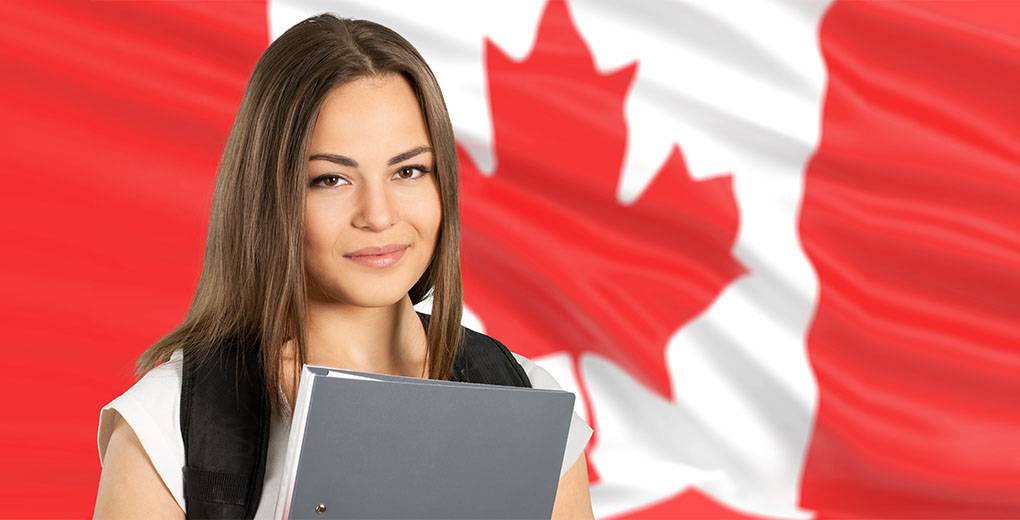How to secure Canadian Residency as an international student?
Right career choices, strategic immigration pathways, and strong language skills are some of the key milestones you need to achieve.

Toronto: Canada renowned for offering a world-class education, is usually a top choice for international students. For many, the journey doesn't end with graduation—they aim to secure permanent residency and make Canada their long-term home. To help international students effectively navigate this complex path and maximize their chances of success, we’ve compiled a detailed guide.
This resource, informed by insights from CIC News, provides practical strategies and essential tips to turn your Canadian education into a permanent future in the country.
- Education--a gateway to permanent residency
A Canadian degree from a Designated Learning Institution (DLI) gives students additional points in the country’s express entry immigration system, giving them an advantage when applying for permanent residency.
However, education is only one part of the equation. Eligibility for permanent residency also depends on factors like skills, qualifications, and occupation. Recent changes to immigration policies have made the transition from student to permanent resident more challenging.
- Staying updated on immigration policies
Canada’s immigration policies are constantly evolving, especially as the country responds to labour market needs. Staying up to date on these changes is critical for students hoping to stay permanently.
For instance, students in programs with a curriculum licensing agreement, offered by private colleges, are now ineligible for the Post-Graduation Work Permit (PGWP). This permit is crucial for international students seeking work experience in Canada, which is often a key requirement for applying for permanent residency.

Image credit: Admissify
- Select in-demand careers
In 2023, Canada introduced category-specific Express Entry draws to target professionals in high-demand industries, including healthcare, STEM fields, trades, transport, and agriculture. International students should consider pursuing degrees in these areas to enhance their chances of obtaining permanent residency.
However, while these draws improve the odds, they do not guarantee permanent residency. Students should choose fields they are genuinely passionate about, as immigration categories can change.
- Explore provincial nominee programs
With over 80 economic streams across provinces (except Quebec and Nunavut), PNPs allow provinces to nominate skilled candidates for PR. If a student’s Comprehensive Ranking System (CRS) score isn’t high enough for Express Entry, a provincial nomination can add 600 points, greatly boosting their chances of receiving an Invitation to Apply (ITA).
Students can apply through two routes: Express Entry-linked nominations, which add CRS points, or direct provincial nominations. However, PNP criteria can change based on a province’s economic needs.
- Enhance your language skills
Language skills can significantly enhance your chances of receiving an Invitation to Apply (ITA) for permanent residency in Canada. High scores on language tests like IELTS or CELPIP can improve your Comprehensive Ranking System (CRS) score, making you a more competitive candidate. Additionally, bilingualism is increasingly valuable, especially with Canada's recent focus on French-language category-based draws. Achieving strong scores in both English and French can further boost your CRS points and increase your likelihood of receiving an ITA.

Tip: Retaking language tests to improve scores or learning French can greatly increase your chances of PR.
Image credit: GoAbroad
- Validate your education credentials
Canada’s Express Entry system requires that degrees earned outside the country be validated by a recognized organization, such as World Education Services (WES). Degree evaluation adds extra points to the CRS score, enhancing a candidate’s competitiveness in the immigration pool.
Alternatively, enrolling in a Canadian degree program is another effective way to improve a student’s chances of obtaining permanent residency.
Several organizations provide degree evaluation services for Canadian immigration purposes. Some of the well-known ones include:
-
World Education Services (WES) - One of the most commonly used services for evaluating foreign degrees and providing equivalency assessments.
-
International Credential Assessment Service of Canada (ICAS) - Offers assessments for academic credentials and professional qualifications.
-
Comparative Education Service (CES) - Part of the University of Toronto, it evaluates foreign educational credentials and provides equivalency assessments.
-
Credential Assessment Service of Canada (CASC) - Provides evaluations of foreign academic credentials to determine Canadian equivalency.
-
Medical Council of Canada (MCC) - Specifically for evaluating medical credentials for those seeking to practice medicine in Canada.
Each of these organizations has specific procedures and requirements for credential evaluations, so it’s important to choose one that aligns with your needs and the requirements of the immigration program you are applying for.
Plan smart
For international students aiming for permanent residency, smart planning is crucial. Staying updated on immigration policies, choosing in-demand careers, improving language skills, and exploring various PR pathways like Provincial Nominee Programs (PNPs) can all enhance your chances of success.
With the right strategy, international students can leverage their Canadian education to secure a permanent future in the country.